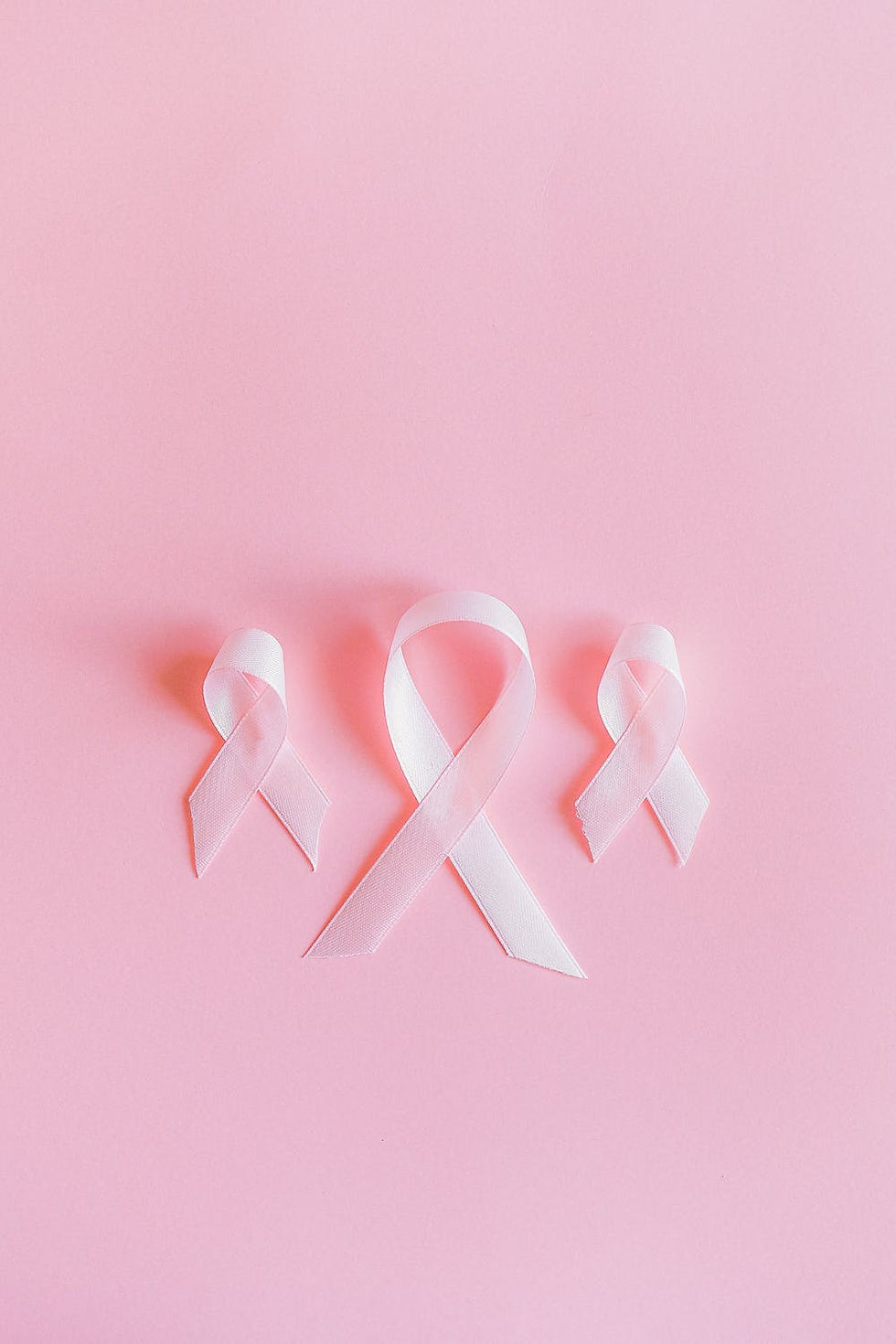Let's bust Breast Cancer myths
- MPL Hair
- Oct 14, 2020
- 3 min read
By Phemelo Segoe

October is Breast Cancer Awareness month so we will be getting help from the Breastcancer.org to bust common breast cancer myths and giving you valid information you can rely on as well as share.
Myth: If I don’t have a family history of breast cancer, I won’t get it.
The truth: Most people diagnosed with breast cancer have no known family history.
A common misconception is breast cancer is purely an inherited disease but only about 5–10% of breast cancers are believed to be hereditary, meaning they’re caused by abnormal changes or mutations in certain genes passed from parent to child. Despite doctors not being able to explain why one person gets breast cancer while another doesn’t, the vast majority of people who get breast cancer have no family history, suggesting that other factors must be at work, such as environment and lifestyle.
However, if your lineage has a history of breast cancer on either your mother’s or your father’s side, this is an important risk factor that should be taken seriously and mentioned to your doctor.
Myth: If you maintain a healthy weight, exercise regularly, eat healthily, and limit alcohol, you don’t have to worry about breast cancer.
The truth: Although these behaviors can help lower breast cancer risk, they can’t eliminate it.
While leading a healthy lifestyle can help lower your risk of contracting the disease, they still don’t guarantee you’ll never get breast cancer. Unfortunately, there are so many examples of people who do everything right and still get breast cancer. This is why it’s important to self-check regularly and be alert of any abnormalities in your breasts.
MYTH: Early-stage breast cancer rarely recurs.
The truth: Even with early-stage breast cancer, there is always some risk cancer will return.
Although most people with early-stage breast cancer won’t have a recurrence, the risk never goes away completely.
MYTH: Consuming too much sugar causes breast cancer.
The truth: There is no evidence that sugar in the diet causes breast cancer.
This is a common myth for all cancers and not just breast cancer. The myth is that sugar can feed cancer and speed up its growth. All cells, whether cancerous or healthy, use glucose, created from sugar, in the blood as fuel. While it’s true that cancer cells consume sugar more quickly than normal cells, there isn’t any evidence that excessive sugar consumption causes cancer.
Myth: Wearing a bra can cause breast cancer.
The truth: There is no evidence that bras cause breast cancer.
Growing up, we were told not to sleep with bras on because of the misconception that wired bras can cause breast cancer but this is simply not true. A 2014 study of roughly 1,500 women with breast cancer found no link between bra-wearing and breast cancer.
Myth: Breast cancer is a women’s disease.
The truth: Both men and women can get breast cancer.
Breast cancer is not a gender-specific disease. Although a large majority of cases are found in women, there are still many cases of breast cancer in men. It’s important to debunk this stereotype to ensure that men can get tested as early as possible should they notice any abnormalities in their breasts.
Breast Cancer is a very misunderstood disease and because we don’t have a lot of definitive answers, people make up their own conclusions and share them but it’s important to know the truth.
Regular self-checking is not only important but 70% of early detections happen because of self-checking. Make it a habit to self-check your breasts 7 days after your cycle every month. If you don’t know how to self-check, visit https://cansa.org.za/steps-how-to-do-a-breast-self-examination-bse/. Lastly, you know your body, pay attention to any unusual changes in your breasts, and don’t ignore them. If something feels strange, have it checked. Let’s stay safe but most importantly, let’s remember that there is a lot of life after breast cancer.




Comments